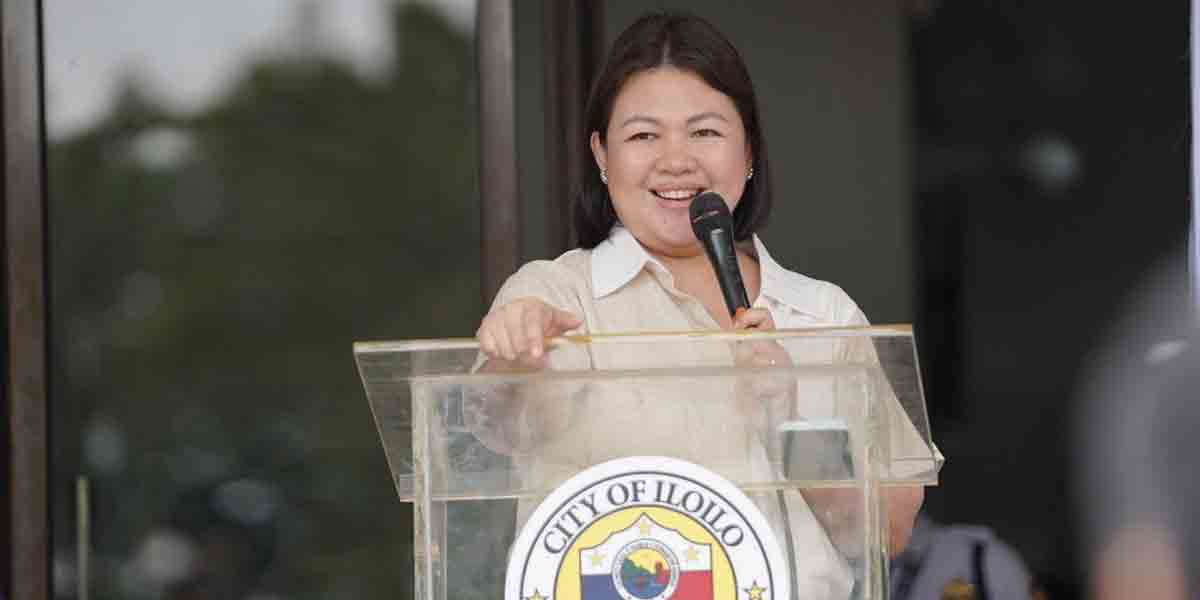By Herman M. Lagon
Monday night felt less like a solemn constitutional proceeding and more like a confusing rerun of a political drama that no one asked for. Many of us—teachers, tricycle drivers, nurses, cops, market vendors, even lawyers-in-the-making—are still trying to make sense of what just happened. The Senate, expected to play its part in upholding the rule of law, instead chose to reroute the impeachment articles against Vice President Sara Duterte back to the House of Representatives. For context: this was no ordinary paperwork shuffle. This move, backed by 18 senators and opposed by only five, is being seen by many as a detour from justice, a pause button pressed not in the spirit of prudence, but of politics.
As a Filipino citizen, not a legal expert, I write not to dissect jurisprudence, but to air questions—many of them—the kind that keep returning like unfinished homework. Why send the articles back when the Constitution clearly says the Senate “shall forthwith proceed” with the trial? What is so unclear about the word “forthwith”? And if the Senate can remand such a case under the pretext of giving the House a second look, what prevents it from doing so repeatedly? Are we now setting a precedent where impeachments can be looped endlessly until they quietly die of exhaustion?
The timing is suspicious. The articles of impeachment were transmitted in February 2024. Nothing happened for months. Suddenly, on the last day of the 19th Congress, a decision to send them back is made. The delay, to a keen observer, feels less like caution and more like choreography. It sends a signal not just to the House, but to the public: that rules can be bent, paused, and even reversed if political winds demand it.
Senator Alan Peter Cayetano’s motion to remand, supported by allies of the Vice President, is couched in legal rationalization. Yet, legal scholars from UP College of Law, like Atty. Paolo Tamase and Prof. Dante Gatmaytan, have argued this move disrupts the constitutional balance between the House and the Senate. The Senate’s role, once impeachment articles are received, is not to supervise the House, but to conduct a trial. To send them back is to step outside its lane.
Former Solicitor General Florin Hilbay pointed out that remanding gives the House the chance to kill the case quietly. If the House simply does not return the articles, the Senate can say, “we did not dismiss it—the House did.” This is what Senator Risa Hontiveros called “functional dismissal.” It is political finesse at its most polished. But finesse does not mean fairness.
Some argue that this action respects constitutional due process. Others claim it spares the Senate from having to try a case marred by procedural questions. But the deeper question remains: if the trial were allowed to begin, would the arguments truly hold? And if they would not, then is the delay a tactic to avoid a result that may be politically costly? As Senator Sherwin Gatchalian asked, why not go through the trial and let the process clarify the uncertainties?
The defense that the case is flawed echoes Duterte’s camp’s claim that the House violated procedure by sitting on prior impeachment complaints. But even if that were true, it is not for the Senate to rule on. That job, as constitutional law experts have stated, lies with the Supreme Court. And until the Court decides otherwise, the Senate is bound by the Constitution’s command to proceed.
In this spectacle, logic is twisted. Some pro-Duterte senators are quick to insist on due process, yet rush to dismiss without even a single hearing. Others cry political harassment, while enjoying the comfort of majoritarian support. It is almost as if we are watching a play where the actors have memorized the wrong script but insist the audience is confused.
This brings to mind the concept of reflection that many of us teach in classrooms, in the church, and at home. Reflection, in its deepest sense, is not just about looking back, but about looking within. What motivated this move? Was it fear of public opinion? Was it allegiance to power? Or was it simply an unwillingness to bear the burden of history?
Public opinion is not indifferent. A May 2025 SWS survey found that 88% of Filipinos wanted the Vice President to face her impeachment charges. That is not a number easily brushed aside. It reflects a citizenry that still believes in accountability. And while numbers alone do not constitute justice, they do represent a moral pulse that public servants should not ignore.
This is not an attack on the Senate. Institutions matter. They must be protected, even from the people within them. But protecting the institution of the Senate does not mean shielding it from criticism. It means holding it to its promise. It means demanding that it act with dignity, transparency, and courage. Senators are not stage actors. They are public stewards. Their oaths are not decorative. They are binding.
In schools or at work, when students or employees delay a report, dodge a deadline, or make excuses, we urge them to own up. We call that integrity. We expect the same from those in power. This trial—or rather, the refusal to begin one—has left many of us with a question: If the Constitution no longer holds sway in moments like these, what does?
The Senate still has a chance to redeem itself. Should the House return the articles, the Senate must proceed—without theatrics, without delay. Let the truth speak, whatever it may be. Let justice play out in full view of the nation. Because the real trial is not just of Sara Duterte. It is of the Senate, of our institutions, and of whether we, as a people, still believe that public office is a public trust.
***
Doc H calls himself a ”student of and for life” and, like many others, wants a life-giving, why-driven world dedicated to social justice and happiness. His views may not reflect those of his employers or associates.






















